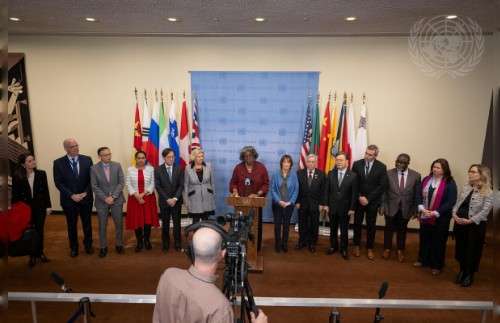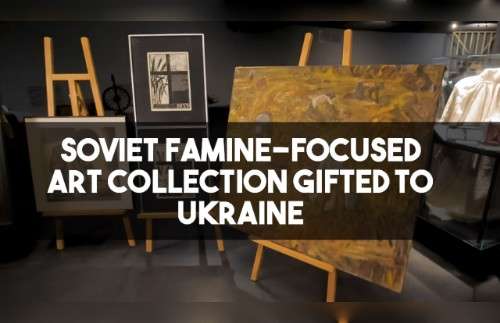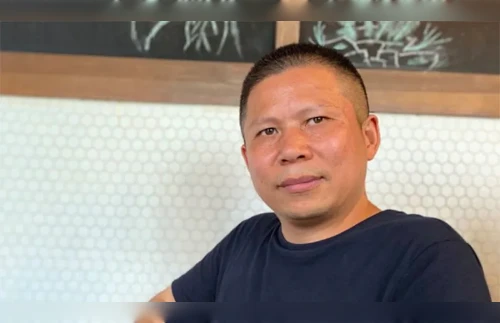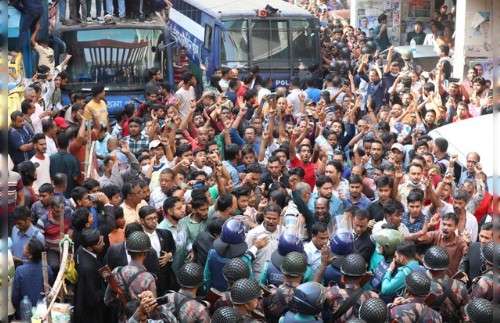Party newspapers regularly lauded the benefits of democratic government and deplored attacks on press freedom under the Kuomintang regime, which ended in 1949.

The Chinese Communist Party (CCP), which came to power with the proclamation of the People’s Republic of China by Mao Zedong in 1949, and which marks its centenary on July 1, spent much of its early life talking about democracy.
“China has a shortcoming, and it is a big one. This shortcoming, in a nutshell, is the lack of democracy,” ran an article in the June 13, 1944 edition of the party’s Liberation Daily newspaper.
It was taking aim at the Kuomintang regime, formed in the wake of the 1911 revolution under Sun Yat-sen that toppled the Qing dynasty (1644-1912).
“Do not reject democracy because of the low level of education of citizens: apply democratic politics to educate and improve the people’s level of education,” a commentary in the Xinhua Daily opined on Feb. 25, 1939.
Another editorial in the same paper warned: “Substituting one-party dictatorship for democracy may be clever, but it is far from being what the people want: the Chinese people are watching.”
In September 1943, the paper warned against “fascist news theorists” who wanted to restrict and destroy progressive newspapers.
“Eventually, they engage in forced takeovers, before ordering them closed,” it said.
A few months later, the Xinhua Daily was putting its finger on what is still a sore point for the CCP today: the connection between a pluralistic society and freedom of expression.
“It is clear that democracy and freedom of speech are really inseparable,” the paper said.
And yet, CCP leader Mao Zedong was keen to make sure nobody thought he would engage in such suppression.
Asked in 1945 by former Kuomintang education minister Huang Yanpei how the CCP would avoid falling prey to the usual pattern of rising and falling dynasties in China, Mao replied that democracy was the key to avoiding such a fate, according to former top CCP aide Bao Tong.
‘Operating a scam’
Bao wrote in 2013 that Mao and the CCP had operated a “scam” since taking power in 1949.
“It’s a shame that that consummate showman Mao Zedong sang his siren song of democracy, but walked the road of fascist dictatorship instead,” he wrote in a commentary broadcast on RFA’s Mandarin Service.
Deng Yuwen, a former newspaper editor for a CCP party school publication, said the party’s slogan, the “dictatorship of the proletariat,” was indeed deceptive.
“Their claim to be engaging in the dictatorship of the proletariat is a strategy of deceit,” Deng said.
“From Mao Zedong’s point of view, he practiced this deception in order to seize power, and naturally he wasn’t going to admit to having deceived people [after taking power],” he said.
“But of course it was deceitful, from the people’s point of view.”
Since CCP general secretary Xi Jinping took power in 2012, he seems to be forging ahead with Mao’s style of government, changing the constitution to ensure that he can stay in power indefinitely, and inserting his “core” status into the CCP charter.
In 2013, The Economist ran a cover image with Xi’s face on a much older image of dynastic, imperial power: the yellow, dragon robe of China’s emperors.
“The CCP is an organized crime group engaging in fraud, and Mao Zedong was its leader,” former Renmin University professor Zhou Xiaozheng told RFA.
“It has always been a one-party dictatorship, and now it’s a one-person dictatorship, too,” Zhou said. “There is no leadership of the CCP any more: there is only one leader, and that’s Xi.”
Ren Songlin, a U.S. historian of the KMT’s Republic of China said that Xi is simply letting China return to its default state under the CCP.
“The CCP has always been in an abnormal state; one in which all of its theories and practices are incompatible,” Ren told RFA. “The only period of time in which theory and practice really came together was the Cultural Revolution [1966-1976].”
He cited China’s promise to implement the “one country, two systems” principle in Hong Kong after the 1997 handover, without really implementing it when faced with a choice about the city’s democratic development.
Power at all costs
Deng Yuwen agreed, saying that the CCP’s main interest has never been ideology, but gaining and holding onto power at all costs.
“For the CCP, as long as it can hold power, it does not matter what kind of ideology it uses,” Deng said.
The CCP’s own newspaper op-ed writers under the KMT regime clearly had other ideas, however.
“If a country calls itself a democracy, but its sovereignty is not in the hands of the people, then it is definitely not on the right track,” the Xinhua Daily wrote in an editorial on Sept. 27, 1945.
“It can only be regarded as ‘abnormal’, and it is not a democratic country,” it said.
The Liberation Daily was founded on May 16, 1941, and published political theory pieces during the Yan’an period.
The Xinhua Daily was founded on Jan. 11, 1938 by Zhou Enlai, who went on to become Mao’s premier. It was conceived in enemy territory, being the first CCP paper to be published in the Republic of China.
In a pithy epithet from March 30, 1946, the paper warned its readers, again referring to the KMT regime: “A one-party dictatorship is sure to be riddled with disaster.”
Reported by Rita Cheng for RFA’s Mandarin Service. Translated and edited by Luisetta Mudie.
Copyright © 1998-2020, RFA. Used with the permission of Radio Free Asia, 2025 M St. NW, Suite 300, Washington DC 20036. https://www.rfa.org

















